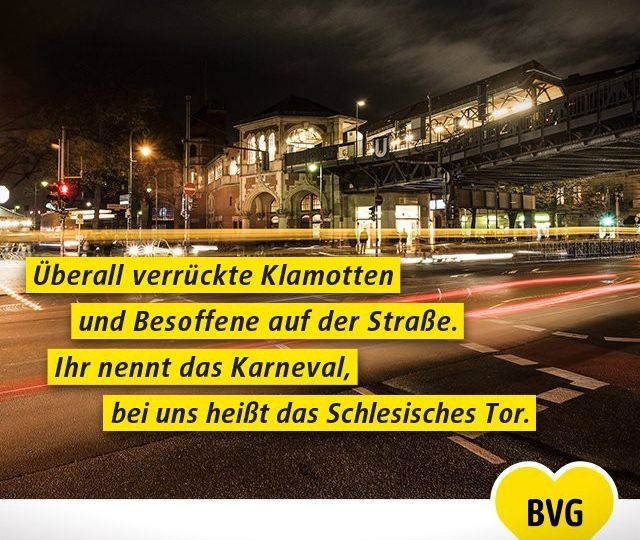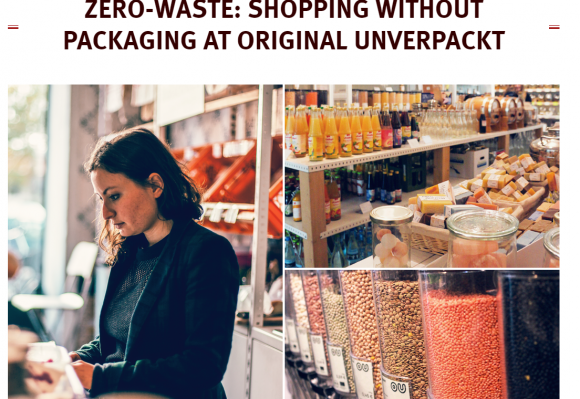
The German economy is the fourth biggest in the world, contributing to over 20% of the European Union’s GDP. As a result, German consumers enjoy a high standard of living. More recently, however, shoppers are growing increasingly aware of the environmental impact of their consumption. This is driving a keen interest in sustainable and ‘green’ products.
As part of our ongoing Illume Guide featured blog posts, we interviewed our German Guide – Christina, to help us understand more about what makes German consumers unique, and how its culture is influencing the personal care category.
Hi Christina! Tell us a bit about yourself and your passions.
I’m Christina! I’m 26, and I grew up in Cologne, but now live in Hamburg. I currently work for a magazine called ‘die Zeit’ which is one of the biggest magazines in Germany, and I also work as a freelancer for Greenpeace, where I create content for their social channels.
What makes German culture and its consumers unique?
Germans are quite traditional and conservative in their outlook on life, and this reflects in our buying behaviour. Security is a prominent issue in German culture – when we are younger, we are encouraged to think before we act and consider the consequences. Even today, many Germans are still reluctant to use credit cards, preferring to pay the full amount in cash.
We have a similar mind-set when deciding what to buy. Although the younger generation is changing this, there is still a tendency for German consumers to avoid risk by sticking to familiar brands, rather than trying something new. This is definitely a challenge for new brands entering the market.
We want to know who is responsible for making products and place a lot of focus on brand reputation. German shoppers value ‘Made in Germany’ goods, because we are proud of how things work here and associate it with high standards and strict quality checks. As a result, people always look out for a quality certificate on items.
Have you noticed any changes in Germany in terms of culture and consumer market?
Similar to other European countries, the influencer market is growing here. Influencers feature in lots of campaigns on Instagram, Spotify and Facebook. Traditional brands are also beginning to advertise on social media. For example, the public transport system post Instagram stories to promote cheaper tickets online.
Our work culture is also changing. Previously, people stayed in the same industry for job security. “Work until you die” was the norm. Whereas now, people demand more creativity in their career paths. There are more opportunities with the rise of micro jobs, part time jobs and start-ups.
In terms of our consumption habits, shoppers are becoming more aware of sustainability due to media coverage on climate change and environmental issues. We want to know how much plastic a product contains and whether it is organic or not.
What personal care products are popular in Germany?
I have very complicated skin, so I’m always trying new products. I like to research facial products online so I can read around the reviews. Two years ago, I found that soap works best for my skin. Now I am using Spa Vivent, an African facial soap, which has plastic-free packaging and is long-lasting.
Soap products became more popular around 2-3 years ago in Germany. It used to be an old fashioned idea, but has become common as people want to be more eco-friendly. Soap products are easy to use on the go, especially at airports because you don’t have to put it into the plastic bag for security checks. I often fly to the UK so this is very helpful for me.
With the zero waste movement in Germany, influencers are using Instagram to promote waste reduction in personal care items.
Another brand I use is Alverde, which is dm’s own brand. It might be a German thing but these traditional brands sold in drug stores are usually very popular. Most are good quality, have an organic certification and are cheap as well. My moisturiser, shampoo and toothpaste are all from Alverde.
Other popular brands include Nivea. It is reputable but not very sustainable. Everyone uses it regardless of age or gender. They have many different products in various categories. Elvital from L’Oreal Paris is a popular brand from France. Weleda is another classic brand with a good reputation. Everything is organic, but it’s more expensive. Traditionally, middle class people buy it but younger people are using it more now.
Have you noticed anything changing in the market?
I notice brands giving customers more information on ingredients. They tend to focus on what is not included. For example, shampoo without silicone and body scrub without micro plastic. Brands are working to reduce plastic packaging with cleaner, natural designs.
Aimed at city-dwellers the ‘Urban detox’ is another focus for brands. Garnier, use sponsored Instagram stories that highlight detox urban-type skin. I haven’t thought about how city life would influence my skin before. It has made me think about it from a new angle.
In terms of ingredients, people are trying to avoid silicon and aluminium, instead favouring natural contents like coconut, aloe vera or almond. Palm oil also has a bad reputation in Germany.
Christina, what would be your advice for a new personal care brand in Germany?
My number one advice would be to reduce plastic packaging! Also, co-operate with trustworthy influencers to promote products or get a display in the main drug stores like dm or Müller. Finally, focus on natural or organic products.



